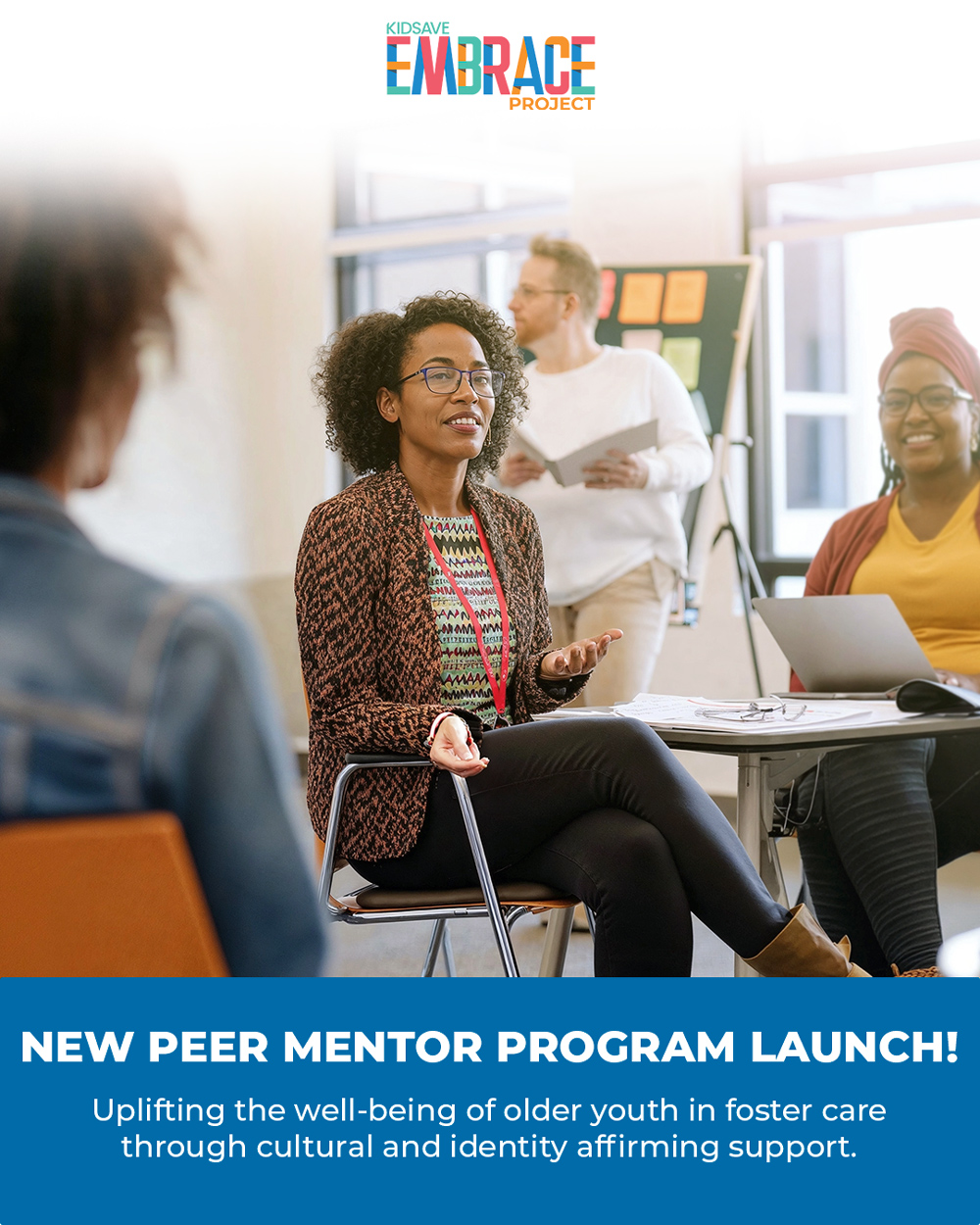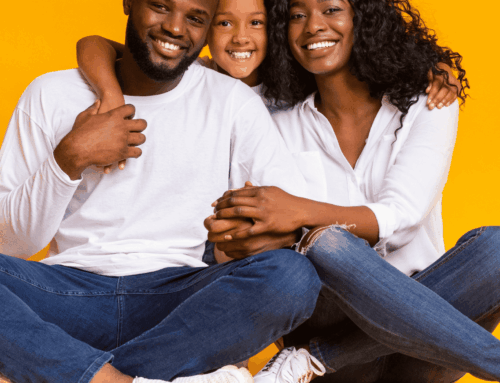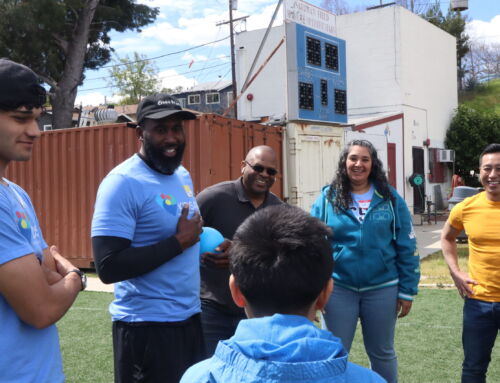Kidsave's bold new Peer Mentor program connects adults with lived experience—such as former mentors and adoptive parents—with newer hosts and prospective adoptive families from our Weekend Miracles program. Funded by Queenscare and Hilton, grounded in research and real-world need, this pilot is designed to increase the number of adults willing to support and advocate for older youth in foster care. According to the Kidsave-Gallup study, 62% of Americans were much more likely to consider participating in a program working with a child in foster care if they had regular interaction with other adults participating in the program. By pairing trained peer mentors with host and adoptive families—beginning with those matched with Black, Latino/a, and LGBTQ+ youth—Kidsave is creating a supportive, culturally responsive network to guide families and improve connection and thriving in older youth in foster care.
Peer mentors are more than guides — they're cultural translators, connectors, and trusted allies, using their lived experience to help families better understand and affirm the identities of the youth they care for.
This pilot is grounded in the practice of cultural brokering – the act of bridging, linking, or mediating between groups or persons of different cultural backgrounds for the purpose of reducing conflict or producing change. The Peer Mentor program will help bridge gaps in understanding, build trust, and cultivate real belonging.
The Peer Mentor Program matters. It is an intervention in which adults will support other adults in navigating the complexities of trauma, intersecting identities, how to handle a child's removal from their community, culture, and family and transform that pain into security and connection. Adults may care deeply but could feel unprepared to support youth navigating race, gender, sexuality, and trauma. Peer mentors offer perspective, tools, and understanding to help families grow into affirming caregivers — not just loving ones. Culturally responsive support is linked to higher placement stability, stronger youth identity development, and better long-term mental health outcomes. With the right support, healing becomes possible.
- Black children in foster care are less likely to receive adequate mental health services, and studies show they are less likely to report feeling safe, stable, and supported — all key indicators of emotional well-being and thriving. This program intervenes by creating a culturally attuned network of adult supporters who provide stability, advocacy, and tools to families, helping ensure Black children feel consistently seen, safe and connected to their community.
- Latino/a children often face language barriers, underrepresentation in foster care leadership — contributing to disparities in placement stability and mental health outcomes. This program intervenes by equipping adults with mentors who share or deeply understand the child's cultural background, helping interpret behaviors and needs that may otherwise be misunderstood, and increasing identity stability.
- LGBTQ+ youth are overrepresented in foster care, with up to 30% identifying as LGBTQ+, and are twice as likely to experience mistreatment or placement instability. (Chapin Hall at the University of Chicago, 2019) This program intervenes by connecting youth and caregivers with affirming adults who offer identity-informed guidance, preventing high rates of suicide and promote healing in placements where youth often feel unsafe or rejected.
This pilot is just the beginning. Soon, the Peer Mentor Program will grow to support all older youth in care, because every young person deserves to be seen, affirmed, and supported. Over time, we aim for this program to lead to more stable placements and deeper connections for youth in foster care to feel seen, supported, and empowered to thrive.
Want to help make a difference? Get involved with Kidsave as a host, donor, or advocate at kidsave.org — and be part of a movement that's building connection, healing, and hope.



